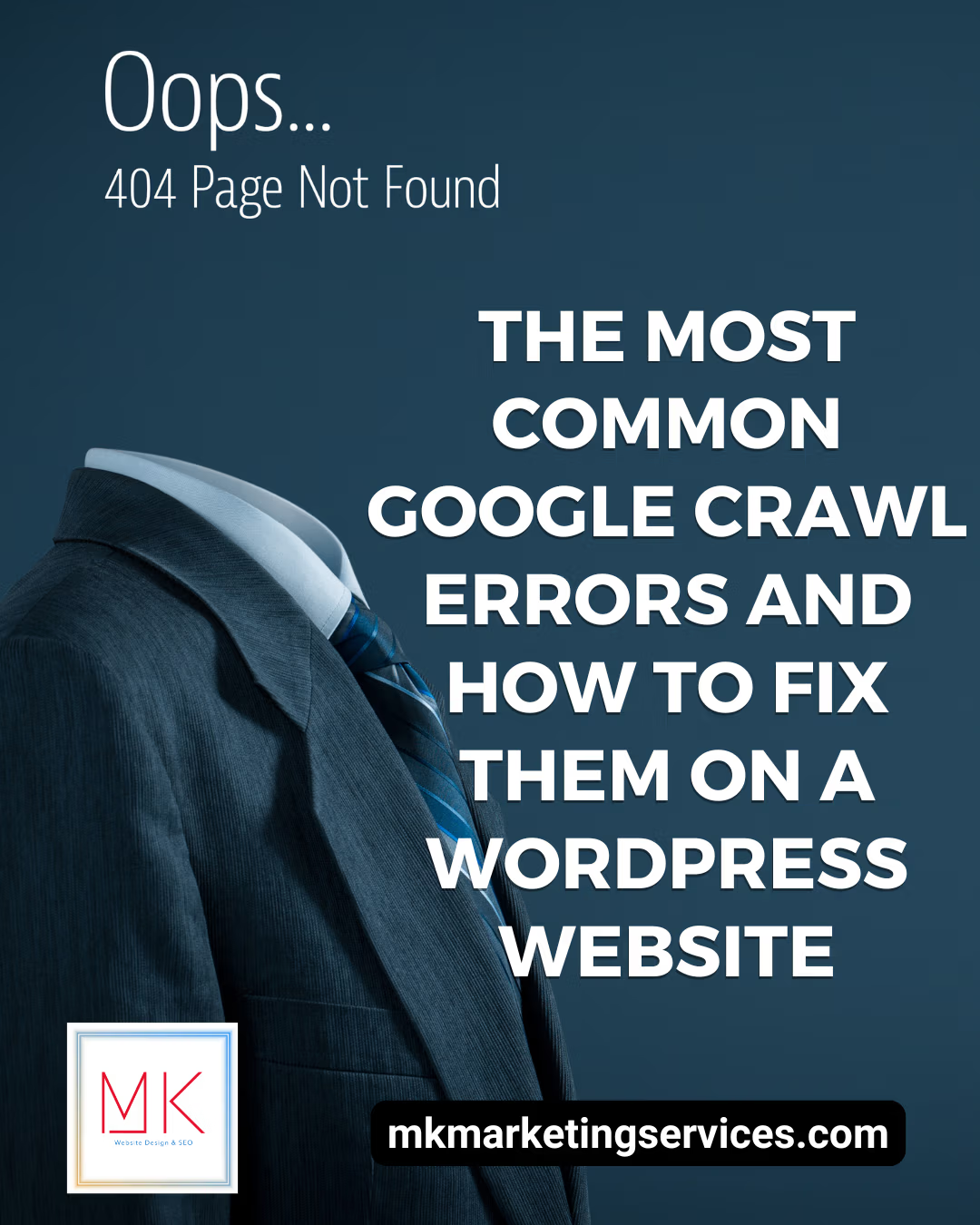Voice search is quickly gaining popularity with the rise of digital assistants such as Siri, Alexa, Google Assistant, and many more. These devices enable consumers to interact with online businesses using voice commands and prompts while providing new marketing opportunities for digital marketers. However, it also brings new challenges when approaching SEO strategies and marketing campaigns.
Voice searches require more detailed queries than typical text-based searches. This is because the search engines often fail to understand the specific phrasing, such as plurals and prepositions or words that sound the same but have different meanings. This often results in longer queries and keyword length issues. If you are not sure how to get the best of voice searches for your businesses and are worried about the challenges you may face while working on them, it’s advisable to contact a leading digital marketing agency for Google voice search SEO and digital marketing services in New Jersey.
When it comes to voice searches, more information may be needed in order to use it effectively. Furthermore, its nature focuses more on informational or navigational searches rather than transactional ones, which may prove highly competitive – local businesses must optimize their online presence by updating Google My Business listings with accurate contact and opening hours information. Optimizing for voice search can also improve rankings for typed searches, as search engines use user experience to rank websites that offer superior user experiences versus those that don’t provide one.
What Is Voice Search in Marketing?
Users can perform voice searches by merely speaking to their smartphones and other devices, a cutting-edge technique that eliminates the need to type keywords into search engines or applications. Voice search will probably greatly impact how customers interact with brands online because of this. Voice search offers several advantages, with speed and convenience two prime benefits of this form of searching and shopping.
Instead of opening a browser and typing in a query, simply speaking out loud allows devices to scan for relevant data more quickly. As search engines and smart assistants continue to become more advanced, they provide more relevant results. Google even shows businesses and reviews at the top of certain queries! Google voice search SEO also has the power to increase brand recognition and online purchases, increasing brand visibility among prospective customers.
Below Discussed Are Some of the Noteworthy Impacts of Voice Search on Digital Marketing and SEO Searches:
Search Query Length and Structure
With voice search’s rise comes an increasing emphasis on optimizing websites and content to meet user intent. You don’t have to scrap your current SEO plan entirely – just implement some key strategies that will ensure your website can rank well in voice searches. People tend to use voice search when seeking specific answers about a subject matter, and your content should focus on answering those specific queries rather than providing generalized details.
Marketers must recognize that users often search using complete sentences and natural language rather than keywords alone, so their focus must shift toward long-tail keywords containing question words. Working on SEO for Google Assistant will also assist them in creating featured snippets to increase visibility on Google search results pages.
Semantic Search
As most voice search queries are questions, marketers should start creating content to answer those queries rather than targeting specific keywords. This means including natural phrases in their writing while using long-tail keywords that are contextually relevant. An FAQ page on your website effectively adds this type of content, which can help your business rank higher with voice searches and features in featured snippets.
Local optimization is crucial when developing a voice search strategy, as people often search for businesses nearby. This requires maintaining accurate and up-to-date online listings, including precise address and contact details, and access by voice-enabled devices like digital assistants and smartphones, allowing them to display your content for queries.
Optimization for Local Search
Many voice searches are local in nature; for instance, “What’s the weather in Washington?” or “Where can I find a donut restaurant near me?” Businesses that optimize content with conversational queries should prioritize optimizing for local search, including maintaining accurate Google My Business listings, ensuring consistent NAP information across platforms, and including local keywords in content creation efforts.
With voice search on the rise, digital marketers must adapt their strategies to meet user expectations. Focusing on natural language and question-based phrases while optimizing for local search and implementing structured data markup can ensure businesses are visible during voice-activated searches both today and into the future.
Featured Snippets and Position Zero
Featured snippets–commonly known as position zero–are summarized answers that appear in search results and can be utilized by voice assistants such as Siri, Alexa, or Google Assistant. Reaching position zero can increase traffic and brand recognition while simultaneously answering five of six key elements from any search query: who, what, where, when, why, and how. To increase your odds of becoming a featured snippet, create content with questions in its title that naturally fit within a box format.
Furthermore, ensure the content remains evergreen and provides clear answers to its subject matter.
Optimizing for these factors will help your brand’s content rank higher on natural searches and increase its chance of appearing as a rich answer. You can also leverage structured data markup and optimize for local search to ensure its location information can be reached via voice searches.
Structured Data Markup
Marketers should utilize structured data markup to add value to their content. Google needs a better understanding of search queries to provide more accurate results; structured data markup can be added using tools such as Schema.org or plugins like Yoast SEO for WordPress. Voice search continues to gain in popularity, and marketers should strategize around optimizing for natural-language queries when optimizing for voice search.
Structured data markup, such as schema markup, is essential in ranking well for voice searches. Shifting away from keyword-centric techniques in favor of long-tail keyword strategies that align more closely with natural speech is highly advisable. Google voice search SEO is rapidly revolutionizing digital marketing, and businesses should adapt quickly to remain competitive.
Why Voice Search in Digital Marketing Matters?
As voice search becomes an increasingly prevalent way of searching, businesses must adapt to this new method of discovery. By optimizing content for voice search and prioritizing local searches, brands can stay ahead of their competition and reach more of an audience. Utilizing natural language when conducting voice searches is key for its success since people typically utilize question-based search terms when conducting them.
Local search is also integral to voice search, as users often look for information such as business hours and directions. To appear in voice search answers boxes, businesses should optimize their Google My Business listing with multiple citations and quality links. Ranking higher can provide companies that optimize for voice search with a sustainable increase in organic traffic and revenues. Contact a leading SEO agency for its digital marketing services in New Jersey and learn more about voice searches.
As more and more people are using digital voice assistants, businesses must adjust their online marketing strategies to take account of this booming sector of search. From optimizing SEO for Google Assistant to updating content for natural language questions and verifying business listings with accurate information – businesses have many methods they can employ in preparing their marketing channels for voice search in the future. Optimizing for voice search has quickly become indispensable in today’s digital landscape.
Voice search has transformed how users access information online, forcing businesses to adjust their marketing strategies accordingly. As more consumers use digital assistants for searches, their importance in digital marketing will increase. One effective way of measuring voice search optimization efforts is by keeping an eye on how well your content performs in search results and its click-through rates (CTR) with voice searchers. This will provide a clear idea of its performance and improvement.
Voice searches differ significantly from text-based searches in that they use longer keywords in a conversational tone and tend to incorporate them more naturally into content creation and optimization, often earning your website a featured snippet spot on search engines. When creating and optimizing content for voice search, it is also important to focus on user intent by providing answers to commonly asked questions in an informal style with a natural, friendly tone.
By employing natural and question-based language, optimizing for local searches, and making contact details readily available to their target audiences, businesses can capitalize on this rising trend and benefit from it. Voice search optimization can increase website traffic significantly. People who find a business through voice searches tend to visit it more often. Furthermore, creating content that directly answers user inquiries can lead to it being featured as a “featured snippet” in search results pages.
Conclusion
As voice search becomes an increasingly prevalent trend, marketers must understand its effects on their digital marketing strategies. By adapting websites and campaigns accordingly, marketers can ensure they maximize this trend and deliver an outstanding customer experience. If you have any further inquiries about how voice search affects SEO and marketing, don’t hesitate to get in touch with one of the leading SEO agencies for their digital marketing services in New Jersey!
Author’s Bio
Aaron Hanson works as a Digital Marketer with e intelligence, a digital marketing company with offices in the UK, US, India, and Australia. He works passionately to find innovative solutions for digital marketing pain points and loves to share his expertise with anyone who needs it.













